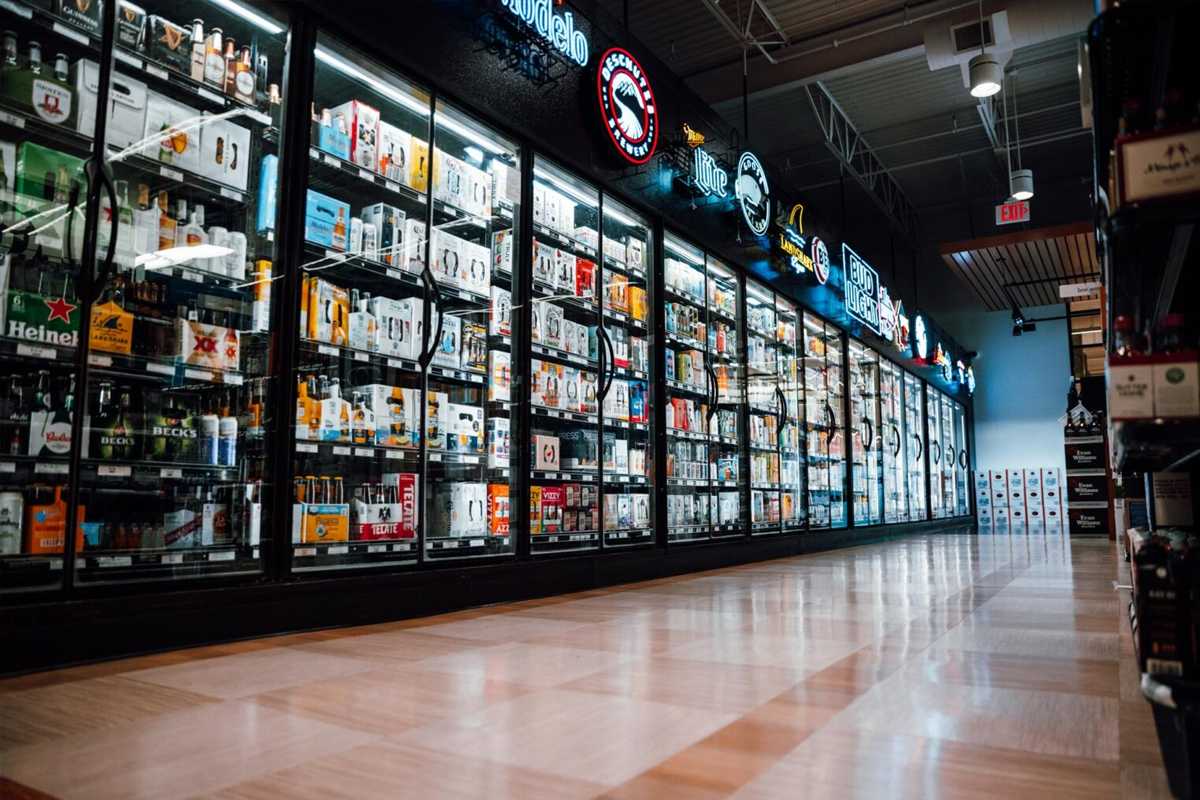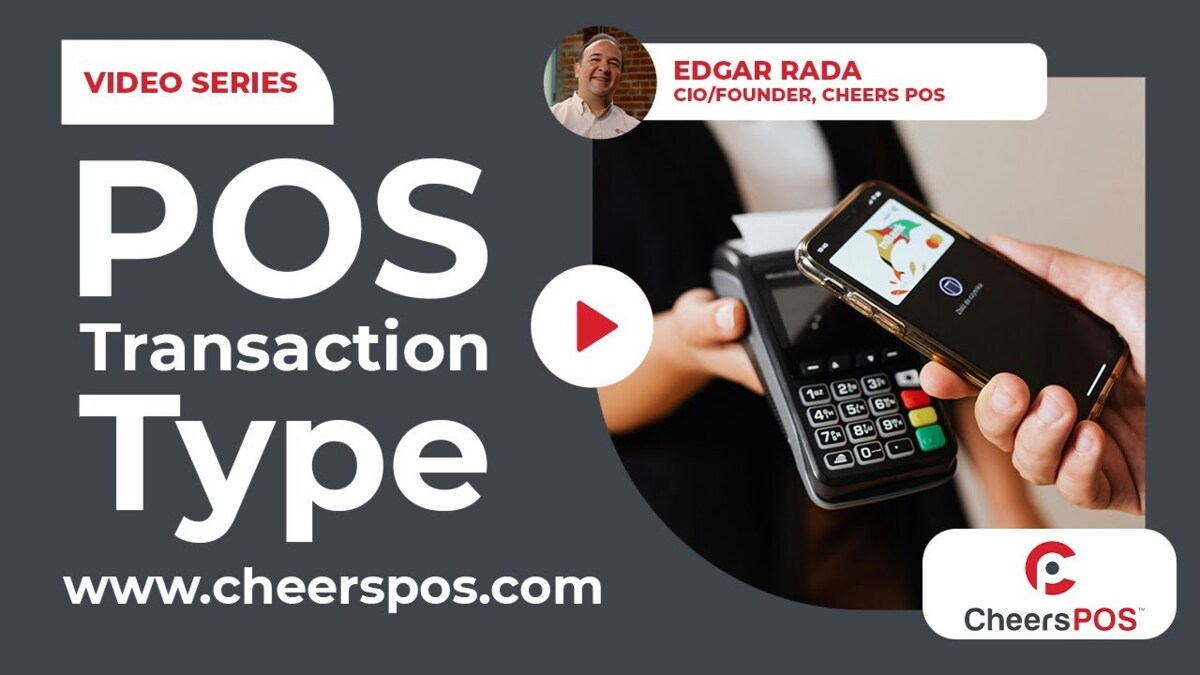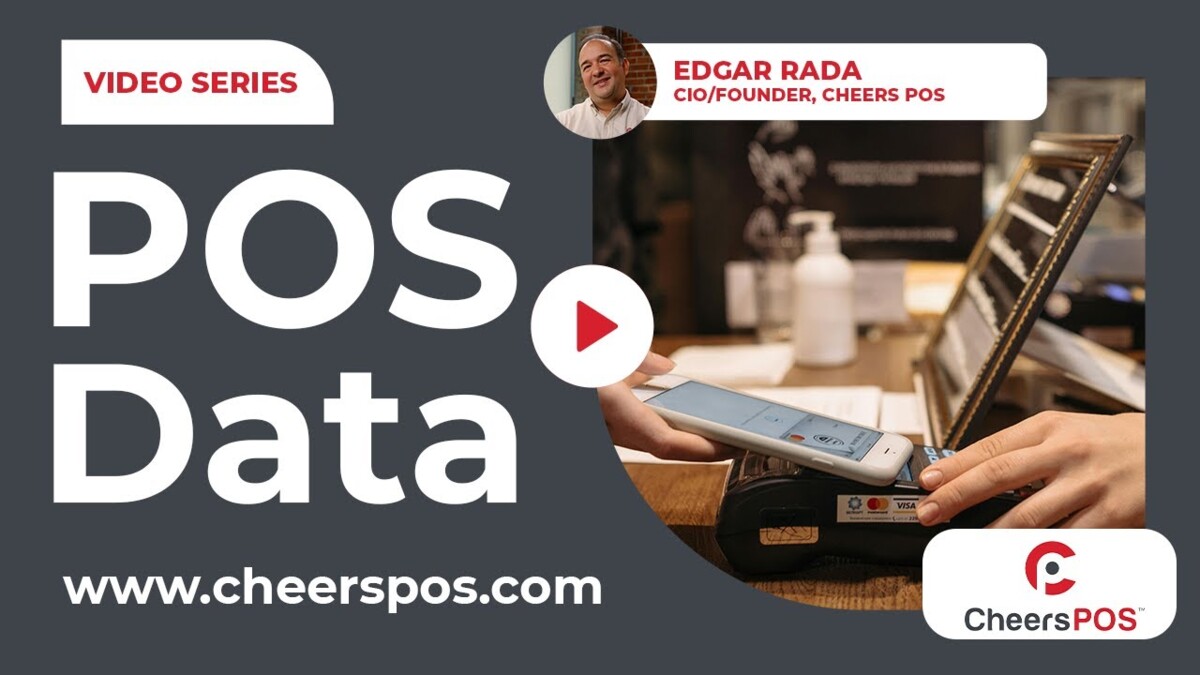You deal with a lot of logistical concerns when you open a liquor store. And whether you’re opening your first shop, your second, or your fifth, you might find yourself a little overwhelmed with all the red tape. But your work doesn’t end when your store is up and running, and if you want to bring in as many customers as possible, it’s important to keep your brand in mind.
Our team at Cheers POS is dedicated to making the liquor store experience fast, easy, and convenient. We want your business to thrive, and because of this, we’d like to share a few liquor store marketing strategies with you. To make your store the best it can possibly be, start with your brand.
Why is a brand important?
A brand is how your customers and your community perceive your business. It’s also how you present yourself. Your store’s brand can be many things, but it should always stand out.
You can establish a compelling liquor store marketing brand through:
- Differentiation
- Customer service
- Incentive programs
- Merchandise kits
- Community outreach
It takes work to cement yourself as a trusted brand, but it can be done with these simple and effective strategies.
Differentiation
Liquor stores are everywhere. There are over 40,000 beer, wine, and liquor stores in the United States. That’s a lot of locations—and a lot of competition—so it’s vital that you find a way to stand out. You can do this in a number of ways.
Find an Aesthetic
Decide on a particular design philosophy or aesthetic. Don’t just be a run-of-the mill liquor store, settle on a tone you want to set and build your brand around it. Interested in seeming refined? Choose dėcor that will help your lobby seem professional and classy. Want to target a more bubbly crowd? Choose a logo that’s goofy and fun!
You might be wondering if you can try to aim for a more generalized aesthetic. You can, but it may be more difficult to attract customers. Besides, if you’re interested in cultivating a devoted client base, then you may be better off choosing something that is more unique to you and your store.
You don’t have to differentiate yourself through dėcor alone. Decorations and logos are a great way to stand out, but you can also amass client loyalty by deciding on a speciality.
Find a Specialty
Think about what product interests you the most. Maybe you love aged whiskey or keeping up with local breweries’ IPAs. Maybe you pride yourself on your rare vintages. Either way, figure out your passion and lean into it. Try to establish yourself as an authority on your chosen speciality.
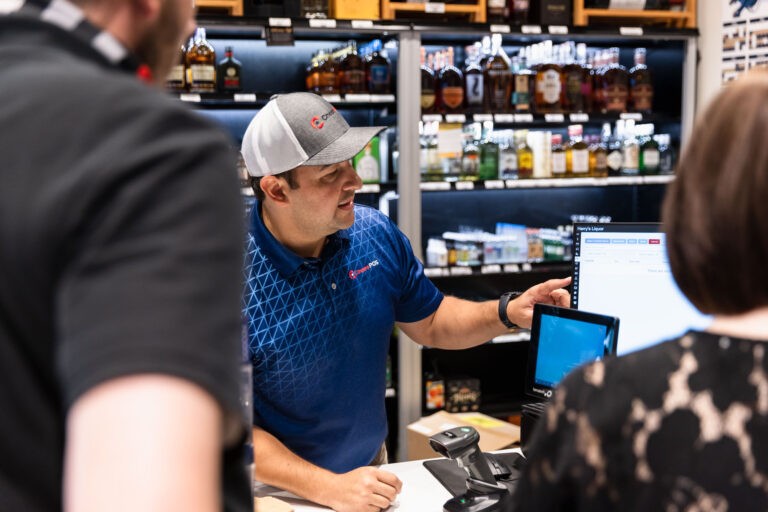
Let’s say you’ve decided that you want to collect obscure, vintage tequila bottles and display them behind the counter. Anytime you hear of a rare tequila on auction, you’re sure to buy one and put it where people can see.
Not only will these bottles catch the eye of the uninitiated customer, but if you do your job well, you could become a necessary resource for other tequila enthusiasts. Find a niche and establish yourself as a pillar within that community.
Educate Yourself
Another one of the ways that you can draw in a buyer is through information. People want to feel that they’re in the hands of a trusted expert. It’s important that you take the time to familiarize yourself with the basic concepts of what makes a quality liquor or spirit.
If you own and operate a liquor store, it’s safe to assume that you have some passion or interest in fine liquor, but even so, it never hurts to familiarize yourself with some formal concepts. You should be able to answer basic questions like:
I’m cooking a steak dinner tonight. Which pairs better with steak: red or white wine?
Or something like,
This liquor is a little more expensive than I’m used to. What makes it worth buying at a higher price?
It may not sound like much, but when a client is confident in your knowledge set, you can develop a reputation as a dependable resource for liquor in your area.
Customer Service
No matter how exciting and unique the storefront, you can’t ignore the power of the person behind the counter. Customers want to connect with the seller on a deeper level. They want to get to know you, to learn something personal about you and your team. No matter how cool your liquor store marketing is, the people behind the counter matter too.
Put simply, consumers want to buy things from people they like.
So how can you demonstrate your likeability? Through quality customer service. It’s a part of sales that can never be underestimated. Put in the time and prioritize your customer experience at all times. From the moment they walk into your store, the customer should feel seen, understood, and anticipated.
Who Represents You?
It’s important to note that your employees represent your brand just as much as you do.
If you’re going for a more laid-back vibe for your store, it wouldn’t do to have one of your managers dress up in a three-piece suit. On the flip side, if you’re trying to cultivate a formal aesthetic, you don’t want any of your employees to show up in shorts and flip-flops.
Depending on the day or the size of your store, your customers might not meet you during their purchase. As a result, it’s vital that your employees represent you in the right way.
To ensure that your employees have a correct understanding of you and your store, ask yourself how you want your buyers to feel. What do you want them to think while exiting your store?
If you can articulate this to your employees, you have a better chance at cementing your store’s identity in the minds of your buyers. You don’t want your employees to see this as just a job. You want to take the necessary steps to educate them on the overall purpose behind your business.
Pass on the Knowledge
You can’t be behind the register at all times. Take some time to educate your employees as well. If your employees don’t have a basic understanding of liquor, they could lose a sale. Your employees shouldn’t have to give you a phone call every time a customer has a question about finding a quality tequila.
Training Videos
If you already have a solid understanding about liquor and spirits, consider taking the time to make a few quick training videos for your employees. These don’t have to be the professional, high-quality training videos you might see during a fast food orientation.
They can simply be you in front of a whiteboard explaining some need-to-know facts about alcohol. And don’t forget to refresh a little before you get started. Who knows? You may even find yourself learning a thing or two during your research.
Sales Training
While it’s incredibly valuable to refresh yourself on what makes a good liquor, you also need basic training on how to deal with customers themselves. After starting your own business, you probably have at least some small idea of how to treat a customer. But if not, you should look into some of the basic dos and don’ts of selling to an interested buyer.
Even some of the most committed buyers can be turned away by an inexperienced salesperson. So if you want to be confident that your store is in the right hands, take a look at some of our personalized sales tips, and pass this advice onto your employees as well.
How to Lose a Buyer in 10 Seconds
Unfortunately, it’s tremendously easy to lose a buyer. In fact, inaction is a simple way to make a customer feel undervalued. When a potential buyer walks into your store, acknowledge them. On slow days, it can be difficult to maintain a positive, upbeat energy, but those days are when you need enthusiasm the most.
Greet your customer, ask them about their day, and inquire if they need any help. You don’t have to bombard them with questions, but they should know that you’re there.
Additionally, do your best to evaluate the customer’s personality. They might not be the most talkative person, in which case, excessive conversation might serve to overwhelm or annoy your customer.
How to Win a Buyer Over
Maintaining a positive customer relationship is difficult, but it can be done. You want to seem naturalistic. People don’t like to feel like they’re being sold on something, even if they’re there to buy.

Keep your liquor store marketing subtle. Ensure that conversation about the product is light, and frame your opinions as suggestions. Don’t demand anything of the client.
Don’t say:
You should buy our brand new IPA. It’s the drink of the summer!
It comes across as stale and artificial. If you sound like a television advertisement, you can lose your credibility.
Try:
I’ve been drinking this IPA. They’re not usually my favorite, but this one is really refreshing.
Now, in this specific example, it might seem a little counterintuitive to say you don’t enjoy IPAs. But if your buyer really enjoys IPAs, your opinion won’t change their mind. However, if they also dislike IPAs, they might relate to you and give this one a try.
An approach like this tells your customer things about you. Of course, it still works to promote the drink, but a personal touch makes this interaction seem more casual and conversational.
Do your best to note specific things about specific customers. For instance, maybe you notice someone wearing a sports jersey. Compliment them on it. And next time you see that customer, you could call back to it.
These little touches might not seem that important, but it helps your buyer understand that you see them as a three-dimensional person, not just a wallet. You’re trying to build a relationship that extends past a monetary transaction. In this way, you cement yourself as the only option when a customer is buying beer, wine, or liquor.
Incentive Programs
Of course, as you become more successful, you can’t have a deep and personal relationship with every customer, and not everyone will be impressed with interesting dėcor and rare tequila collections. But you can still incentivize your buyers to make repeat visits. You just have to offer them monetary encouragement.
It’s no secret that people like to save money, so as customers make repeated purchases at your store, you can take that time to give a little back. So with that in mind, what kinds of incentive programs could you offer your customers?
Stamp Card
This is a tried and tested choice. The method is simple: Offer customers a card that you’ll stamp with every purchase they make. Once they reach a certain, predetermined number of stamps, they’ll receive an award.
This award should be somewhat substantial, so that a customer actually feels a sense of accomplishment upon receiving it. Perhaps you could offer a free 6-pack or bottle of wine. It doesn’t have to be anything too pricey—just something they’ll enjoy.
Random Drawings
A random drawing can be a great way to incentivize a customer to buy as much as possible. You could offer up a raffle for an expensive bottle of liquor, and every customer who makes a purchase over a certain amount of money could leave their email and receive a ticket for said raffle. This way, the more purchases they make, the higher their chance of winning the raffle.
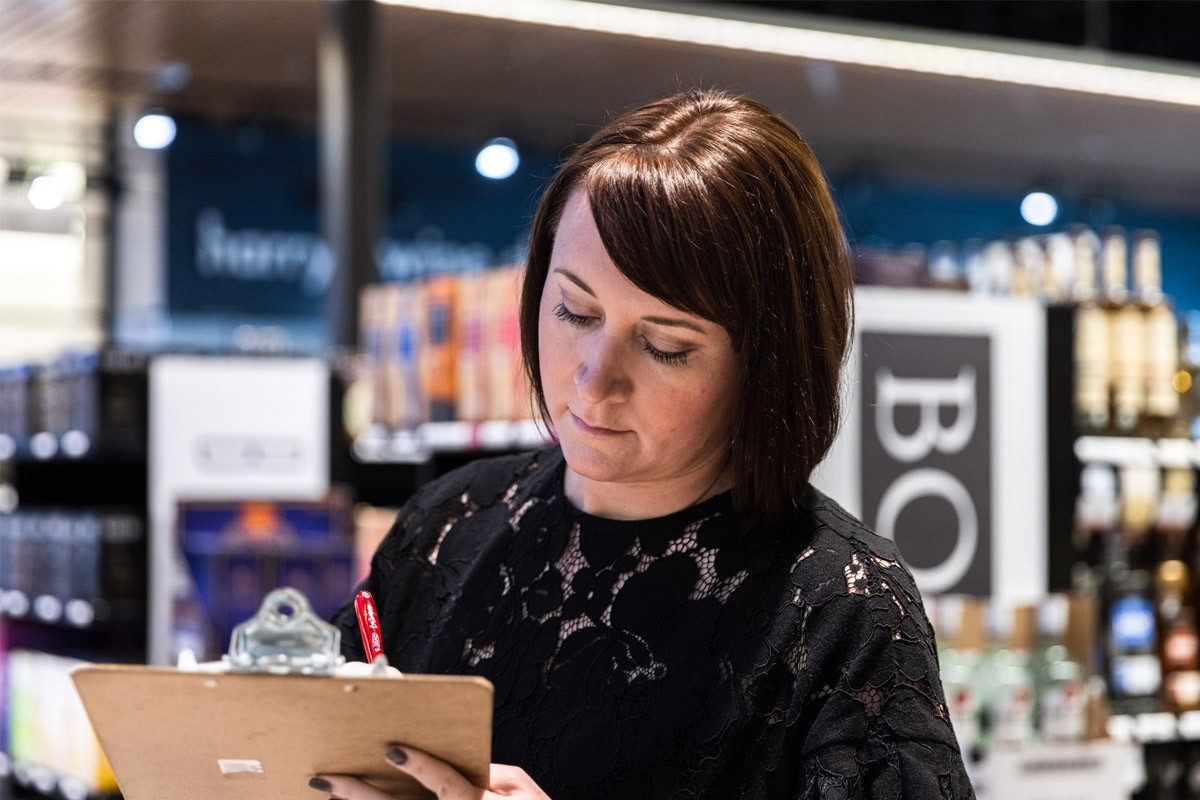
This is a fun program because, for the customer, it’s low risk, high reward. They might spend a few extra dollars for a ticket, and it might inspire them to go to your store if they’re already planning to make a large purchase.
Periodic Gifts
Another way you can incentivize your customer is with periodic gifts. In exchange for a customer email (and maybe a small charge), you can add your customer to a mailing list that gives them free gifts. Maybe you could send them a voucher for a free bottle of champagne on their birthday or for their fifth purchase in a month.
Ensure that the upfront cost is low and provides an immediate gift. This way the initial barrier to entry is very small and results in a substantial reward for their effort. Your liquor store’s marketing won’t feel like marketing if a customer gets something out of it.
Merchandise Kits
Merchandise kits are a great way to bring in foot traffic and utilize products that aren’t selling as well as you’d hoped.
For instance, maybe you bought a few cases of hot chocolate-flavored liqueur in time for Christmas, but for some reason, no one’s interested. You could take the loss, as it’s likely no one will buy hot chocolate liqueur after the holidays, or you can put it in a Christmas kit.
You could fill this kit with some basic staples like vodka and bitters, add your liqueur, and maybe even throw in some bags of candy. Sell them as a package at a slightly discounted rate, and you’ve suddenly spun unwanted product into a fun gift idea.
Community Outreach
Another way you can build a brand is through community outreach. You want to be the kind of store owner that people can recognize even outside your store. You can do this by ensuring that your brand is present in your community. Do this by:
- Sponsoring an intramural sports team
- Making a donation in your store’s name around the holidays
- Signing up for a float in the local parade
- Hosting a fundraiser
Community work in your store’s name can be a great way for people to associate your brand with positive experiences. In turn, a buyer may be more inclined to give your shop a try.
Learn More About Liquor Store Marketing
Our team is all about helping your store run smoothly, and that doesn’t end after we install the Cheers POS system. Operating any small business is hard work, but we want to make things simpler. Liquor store marketing doesn’t have to be a challenge.
Interested in hearing more about what we do? We’ve got all the information you need. And if you haven’t tried Cheers POS and you’re interested in making your store run more efficiently, you can get started today.
